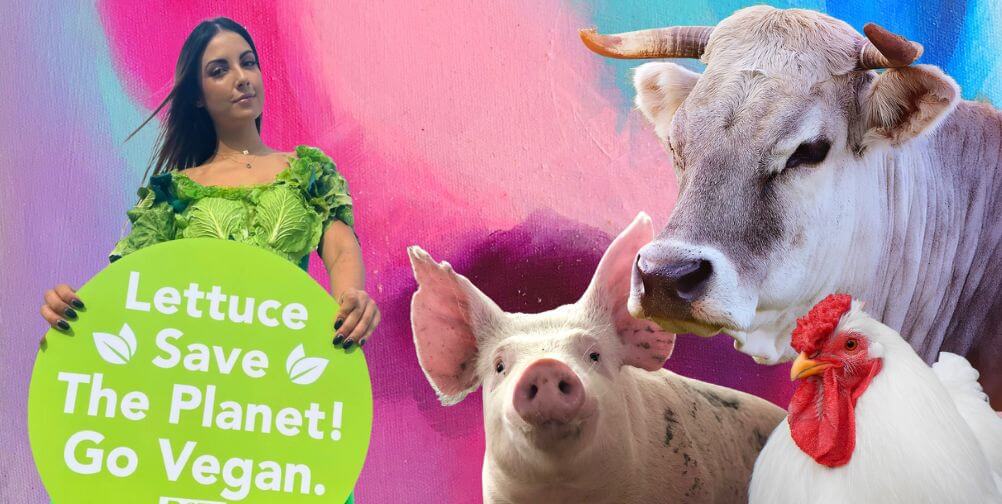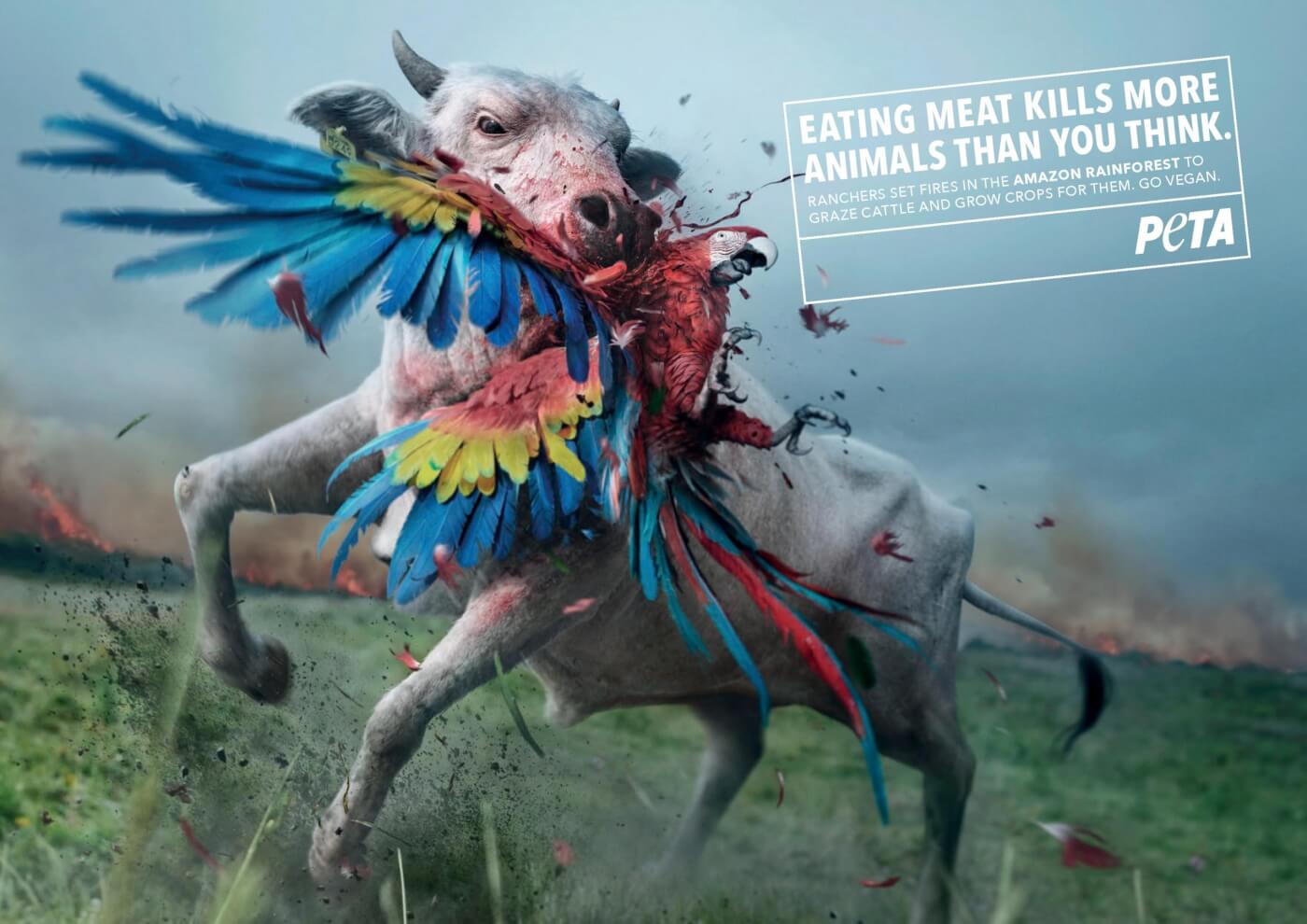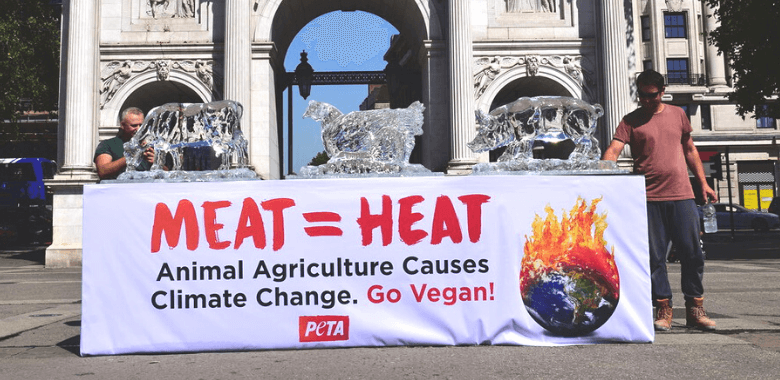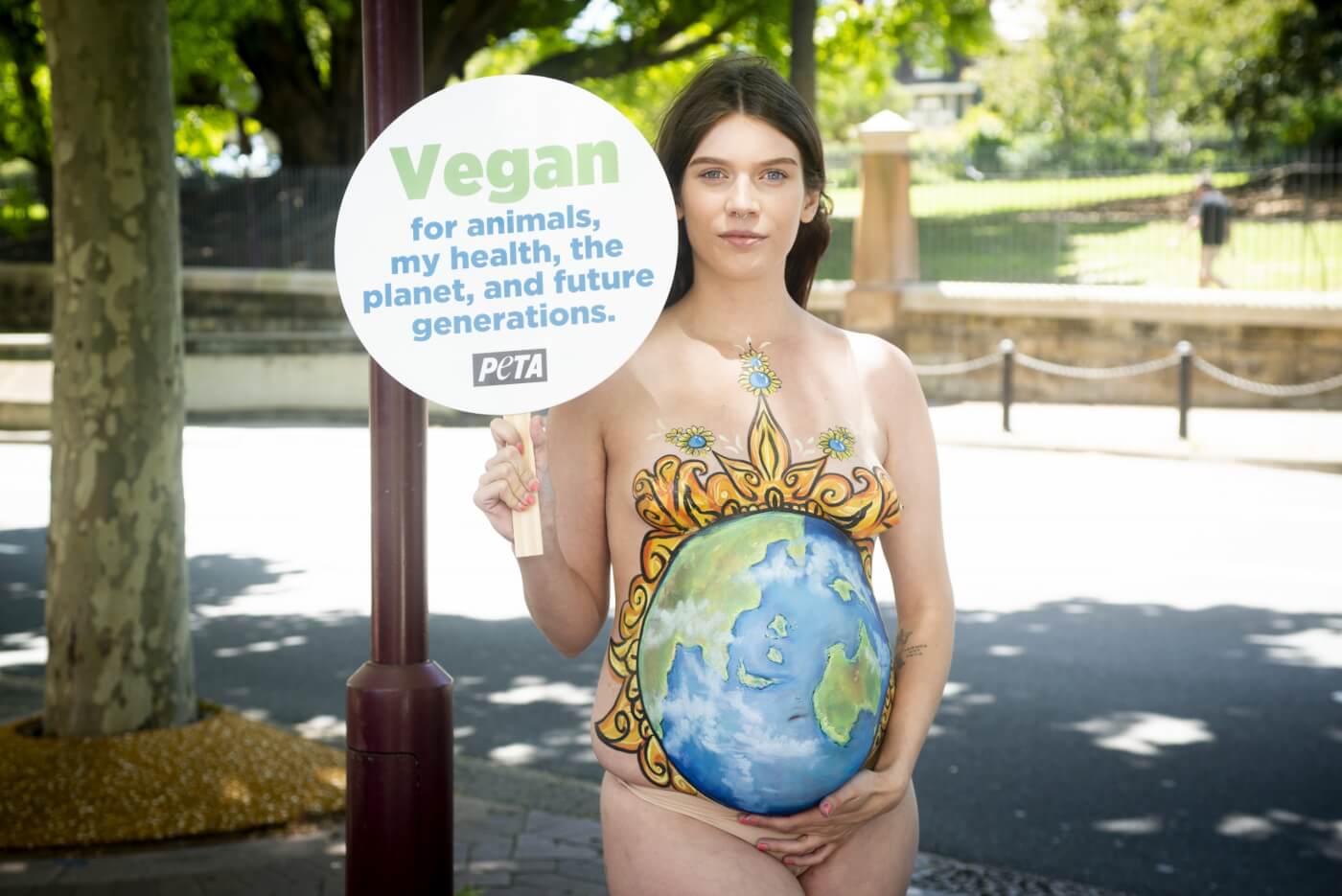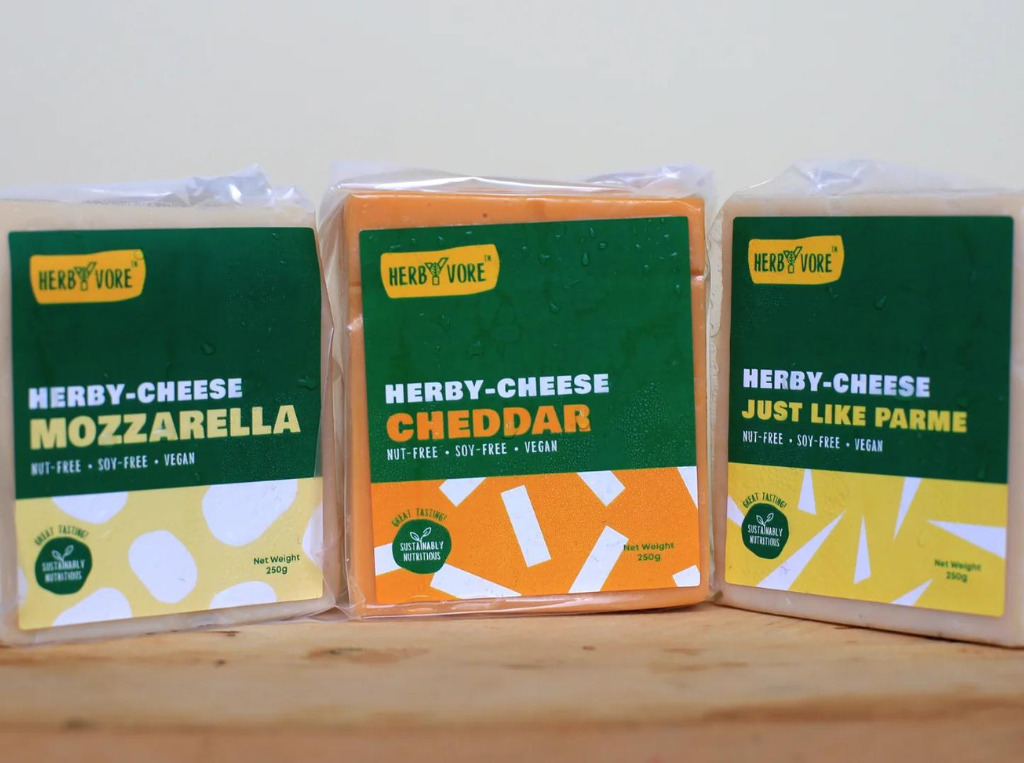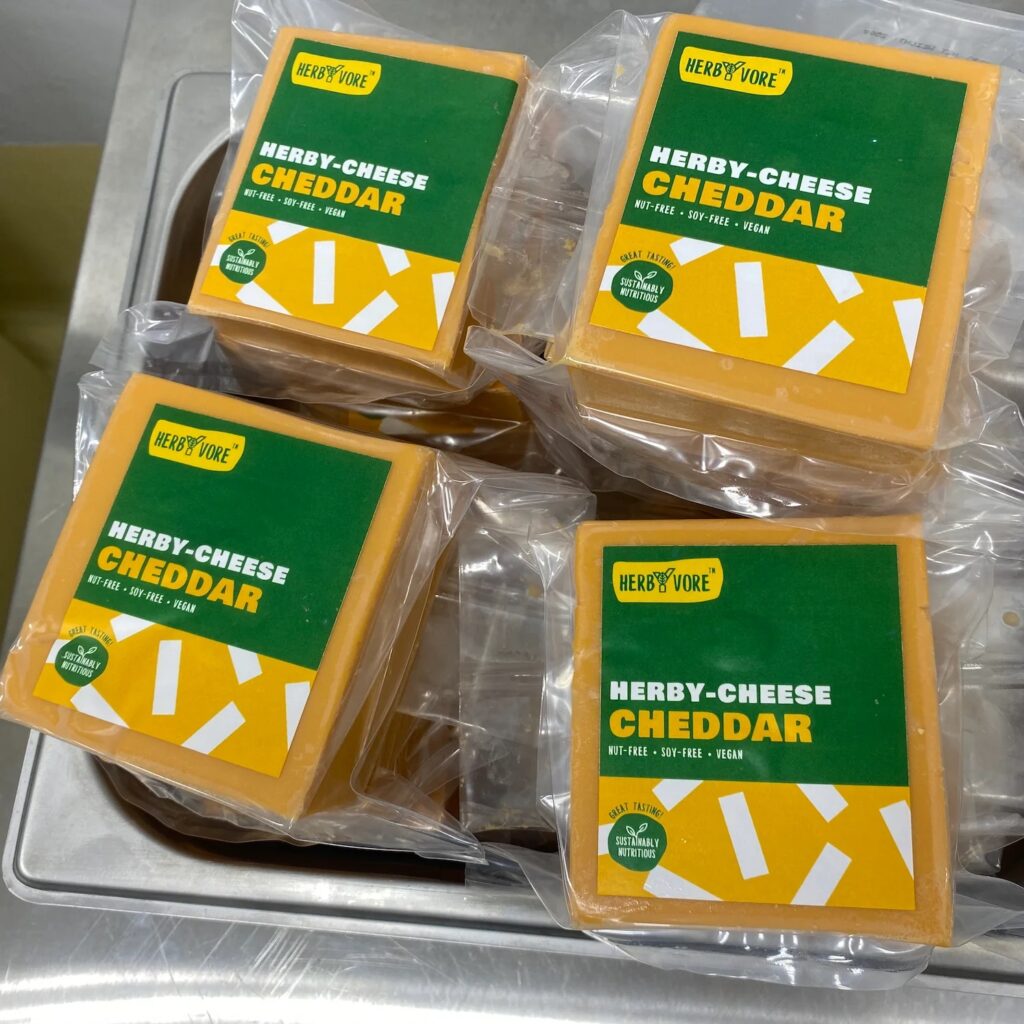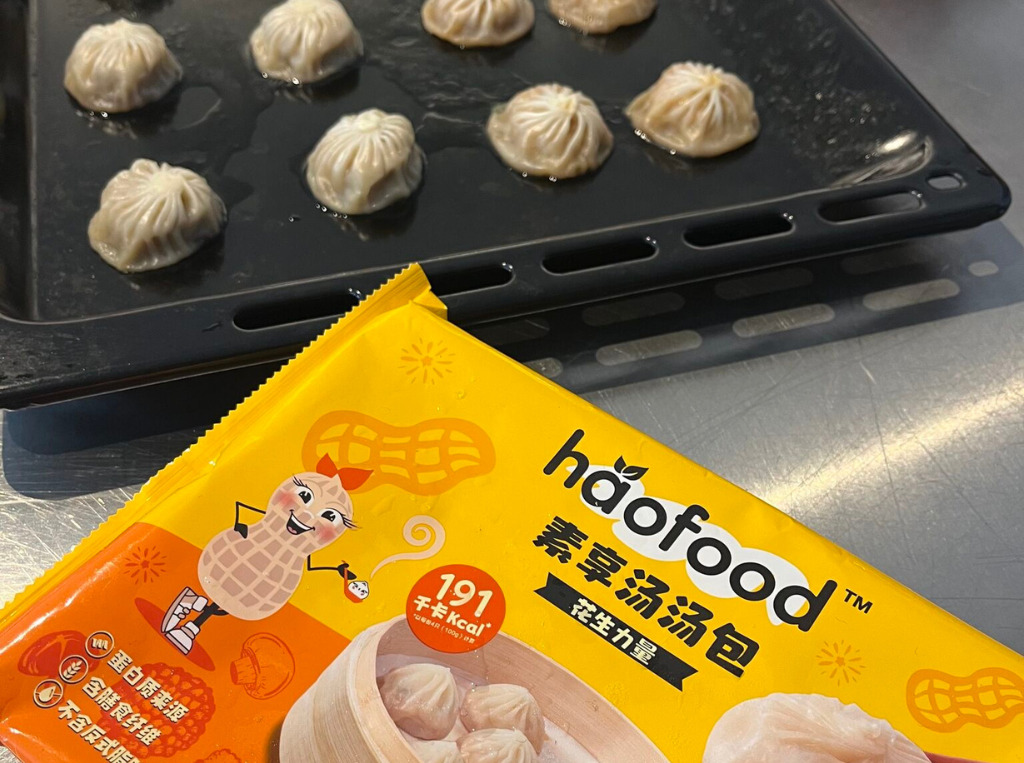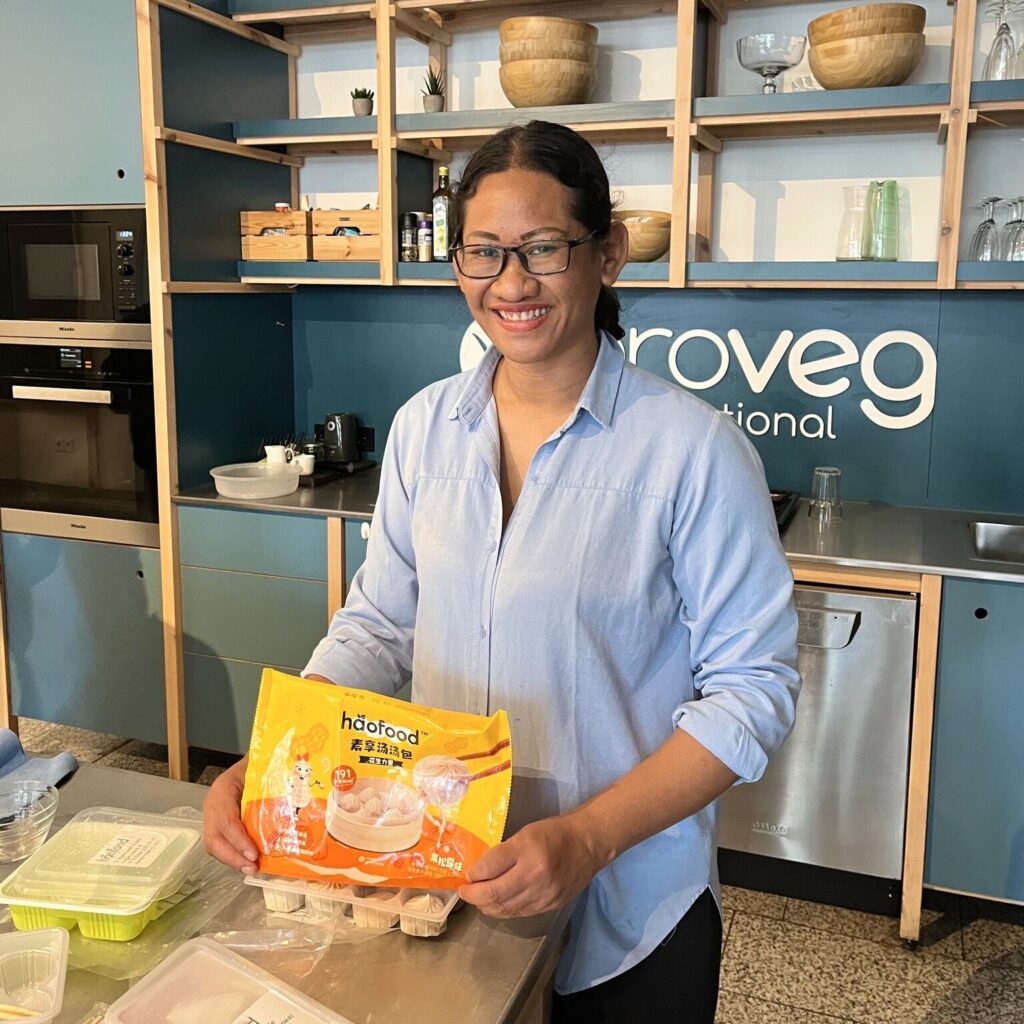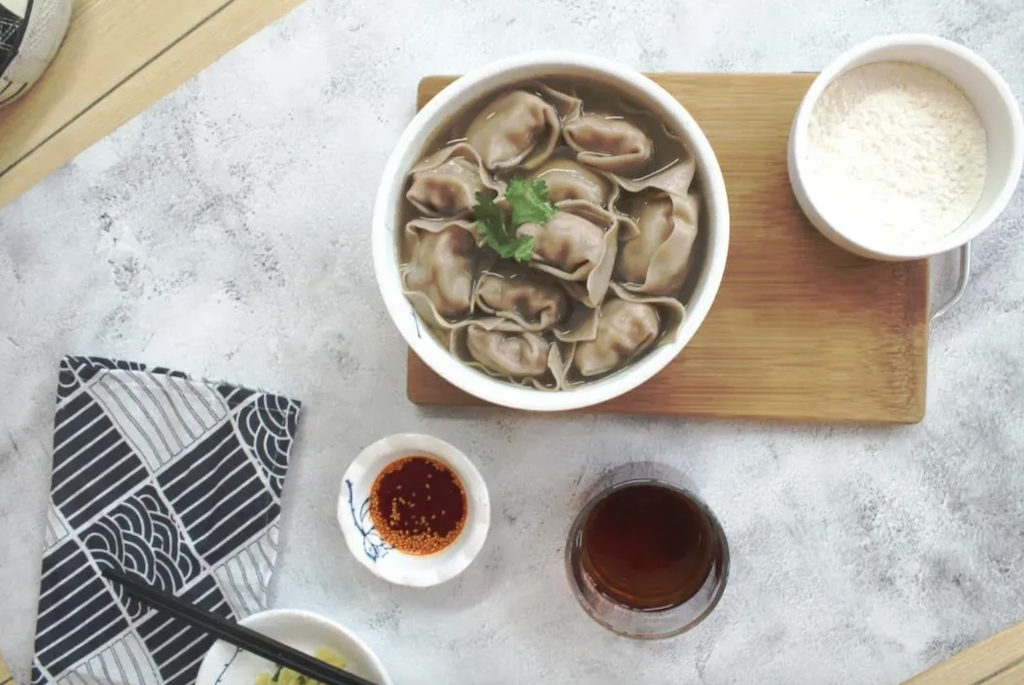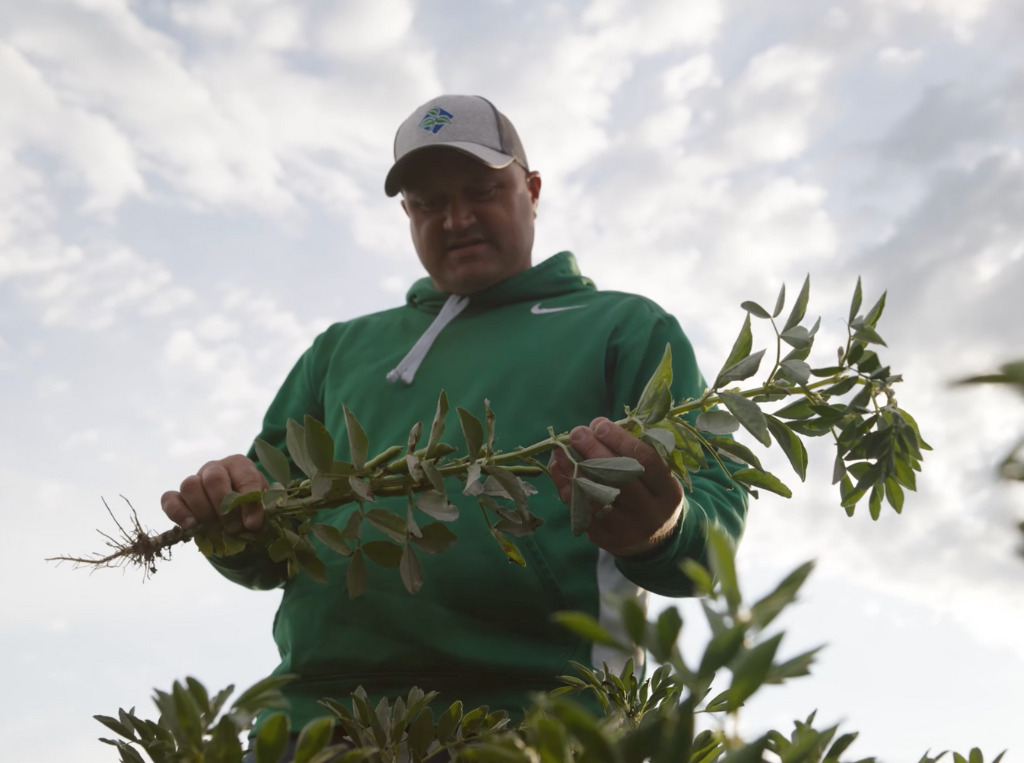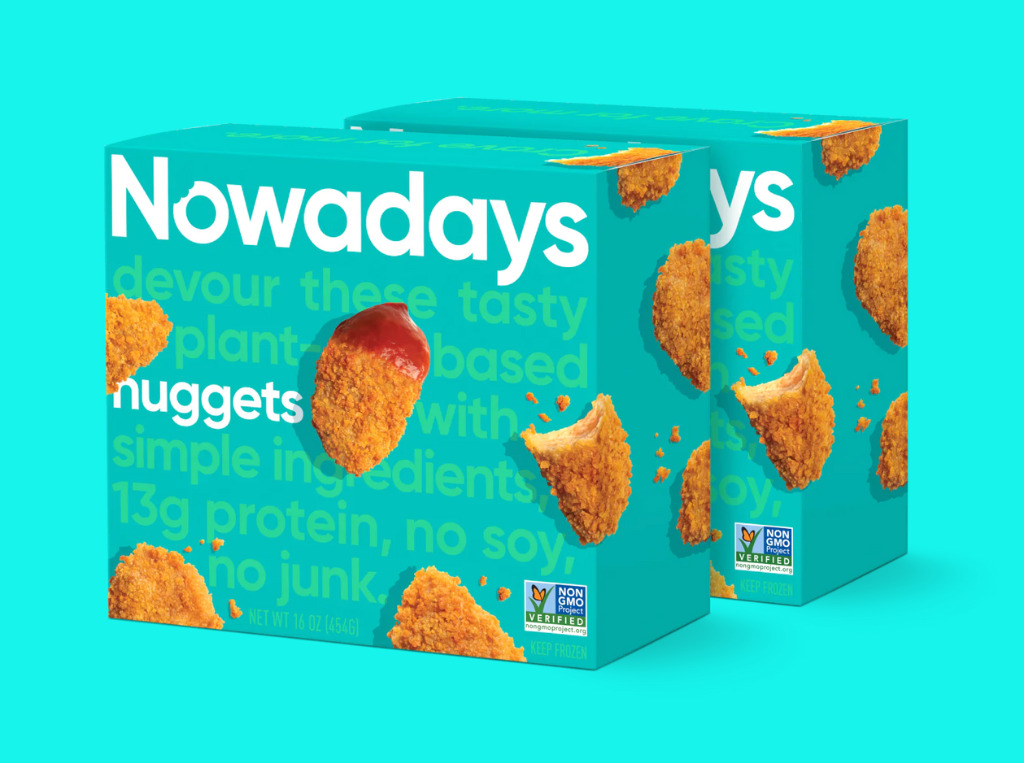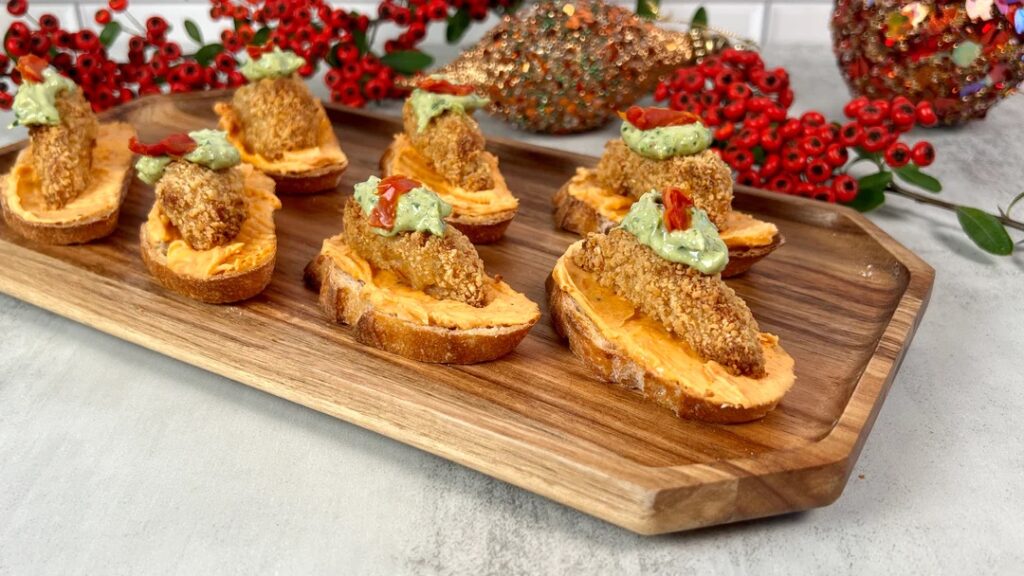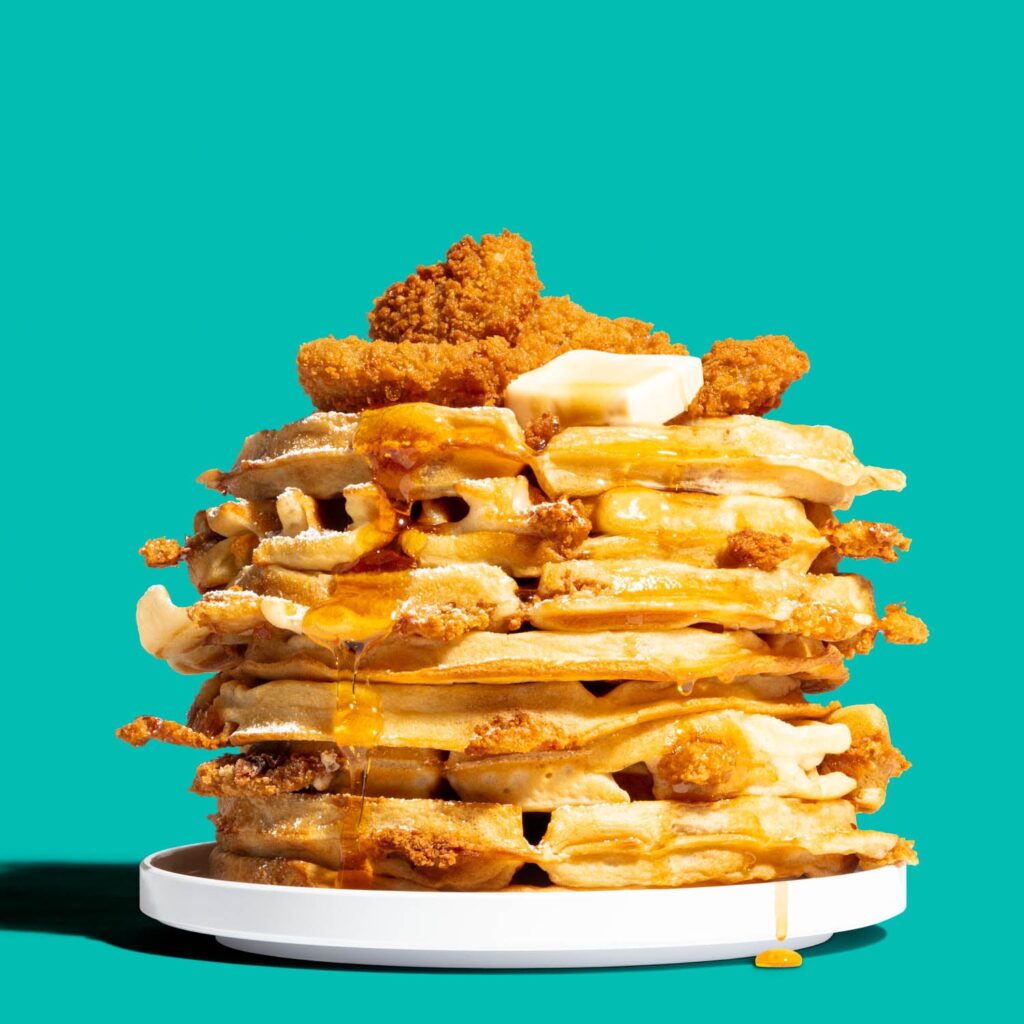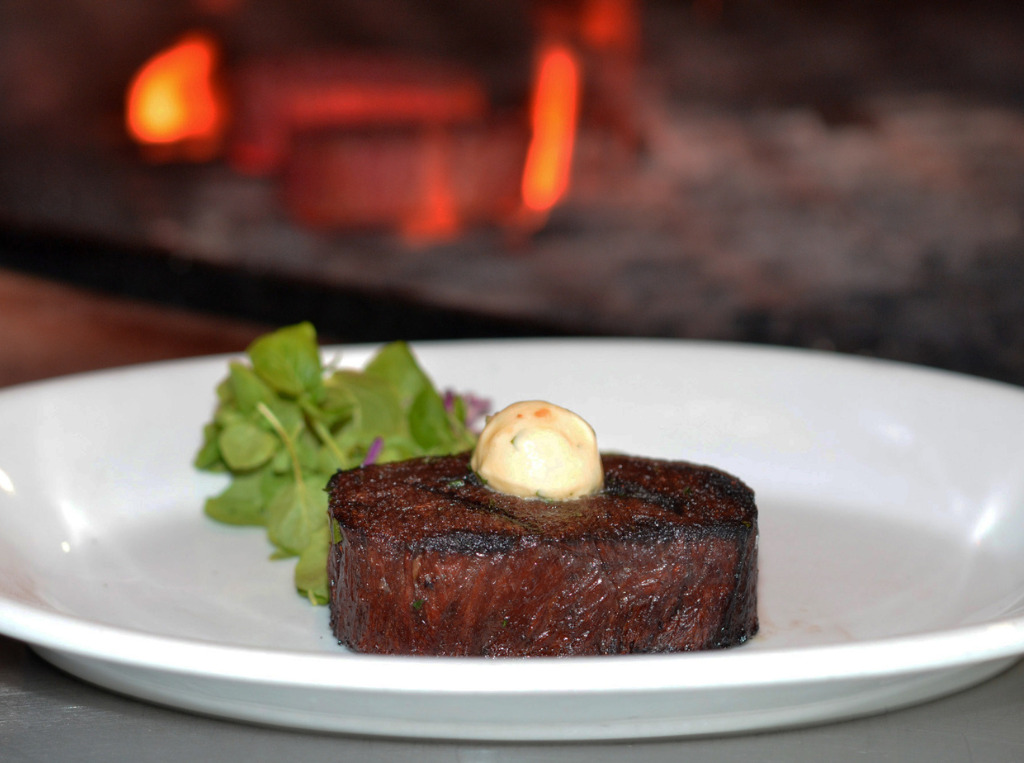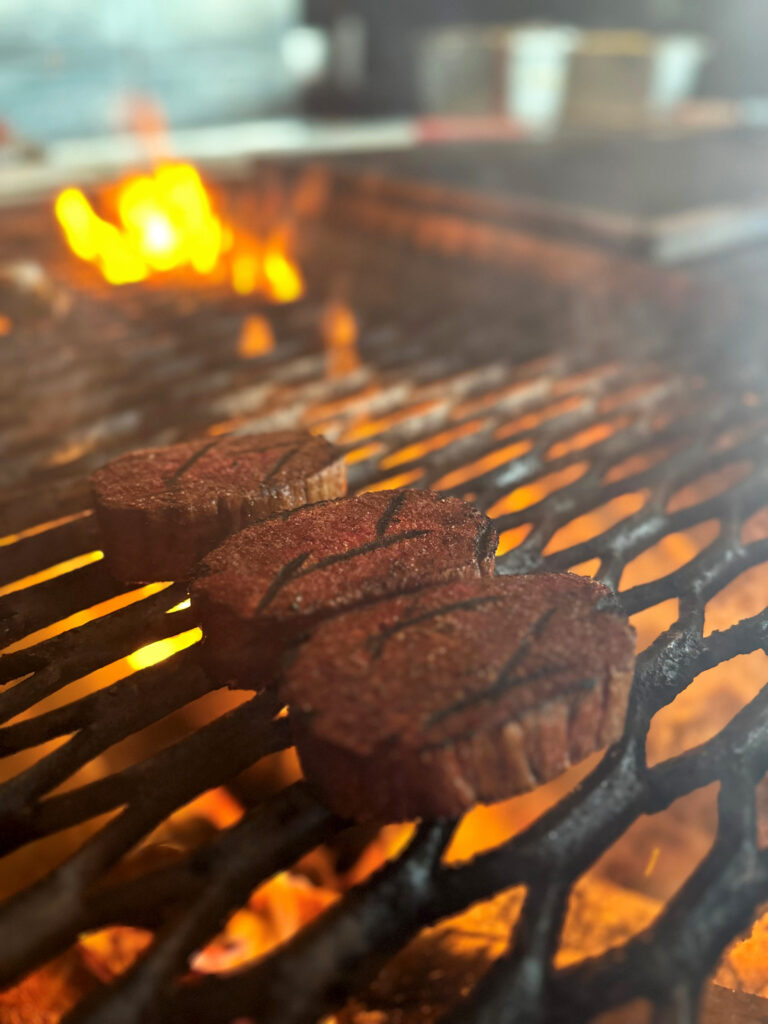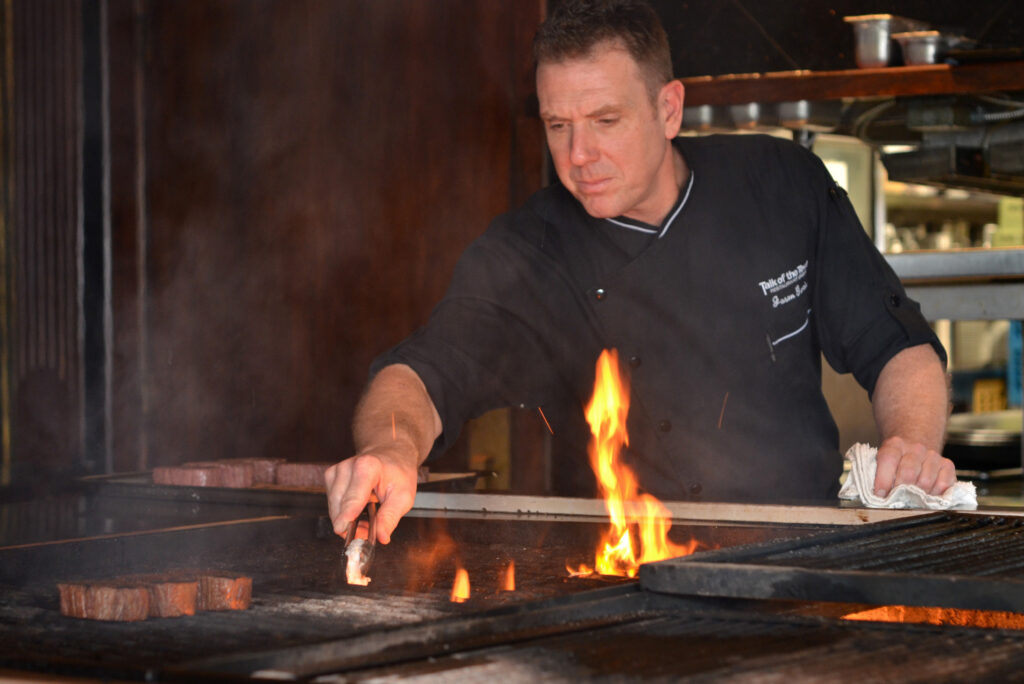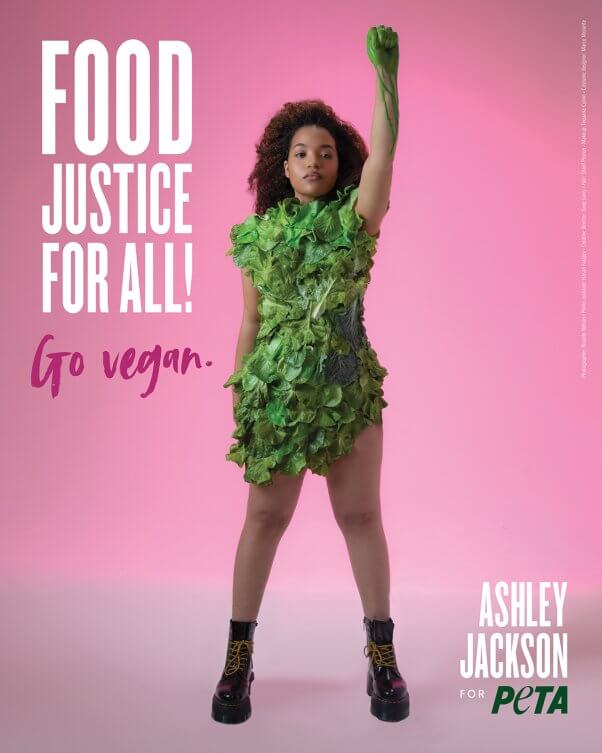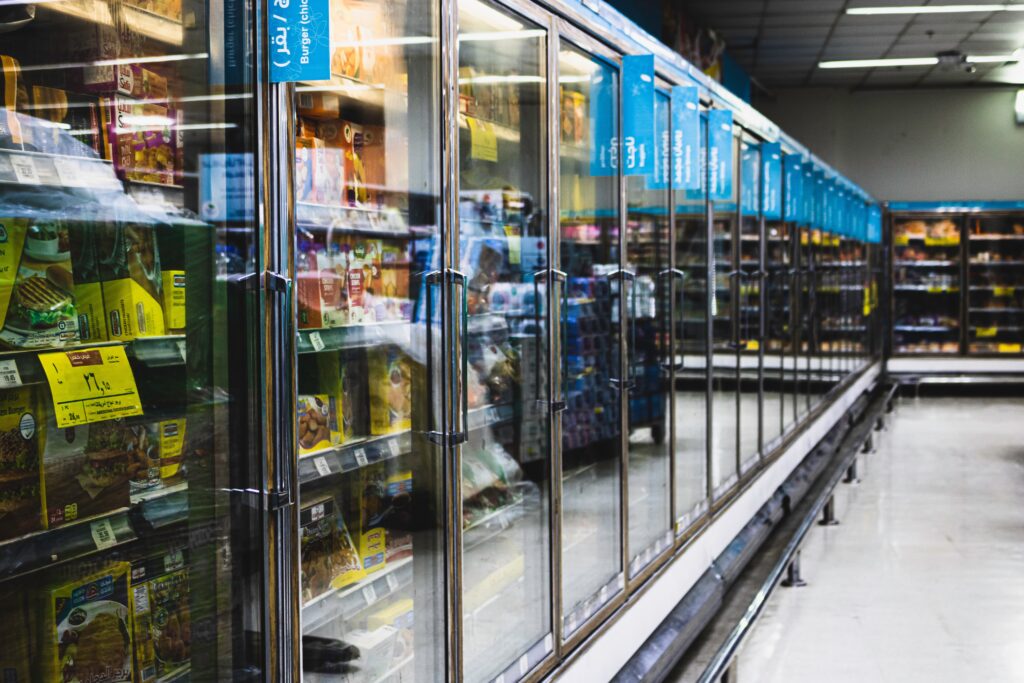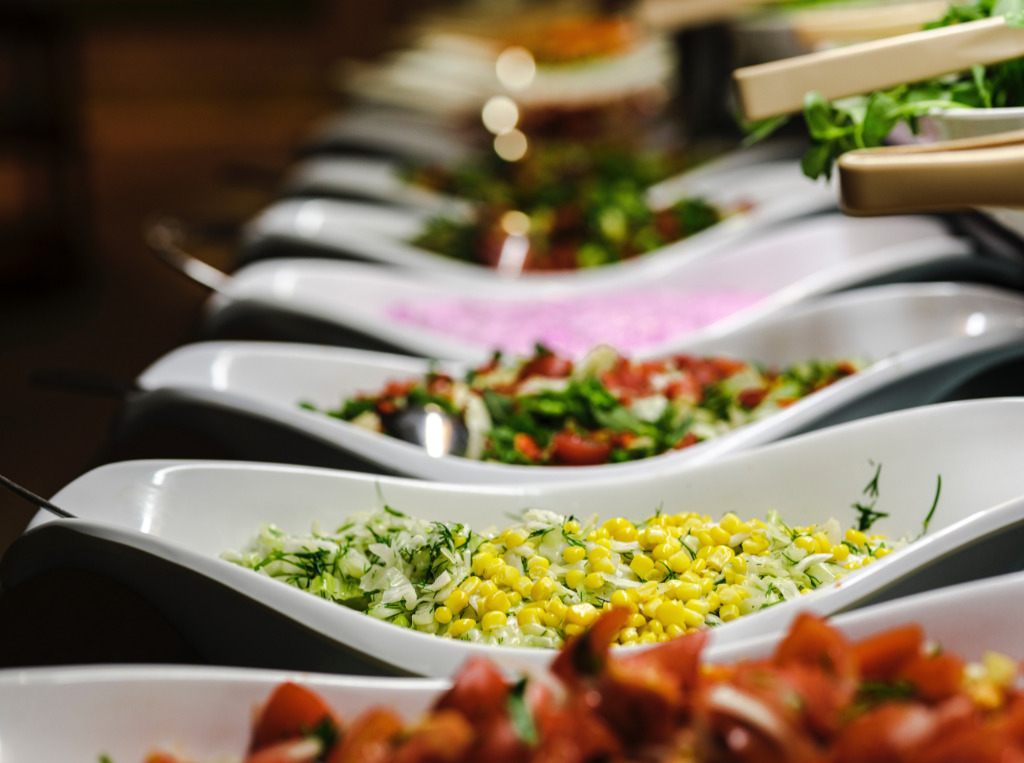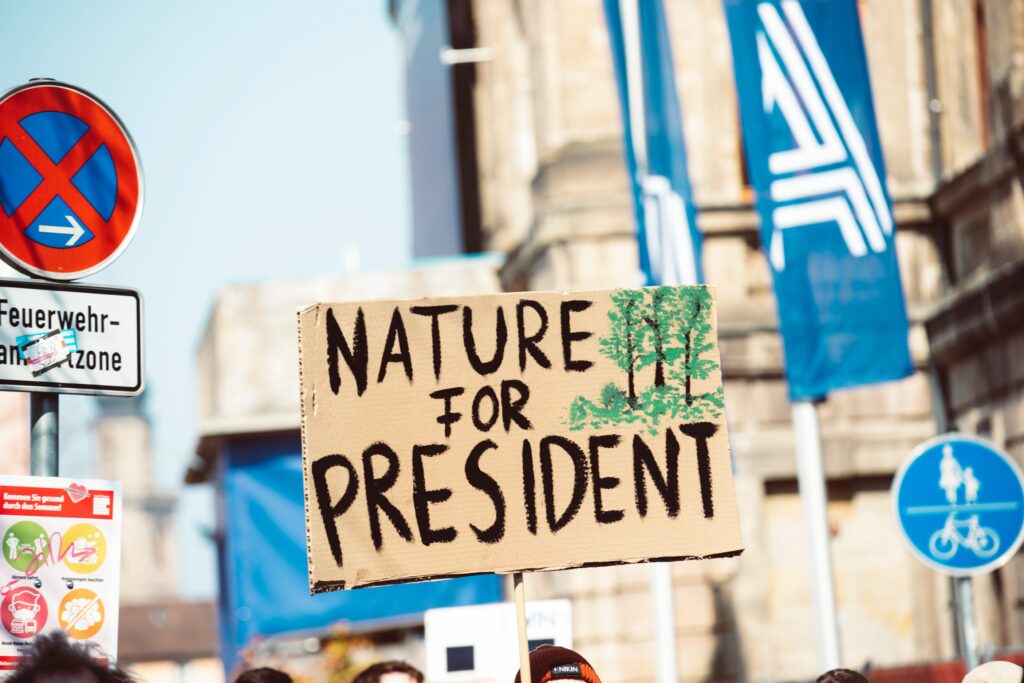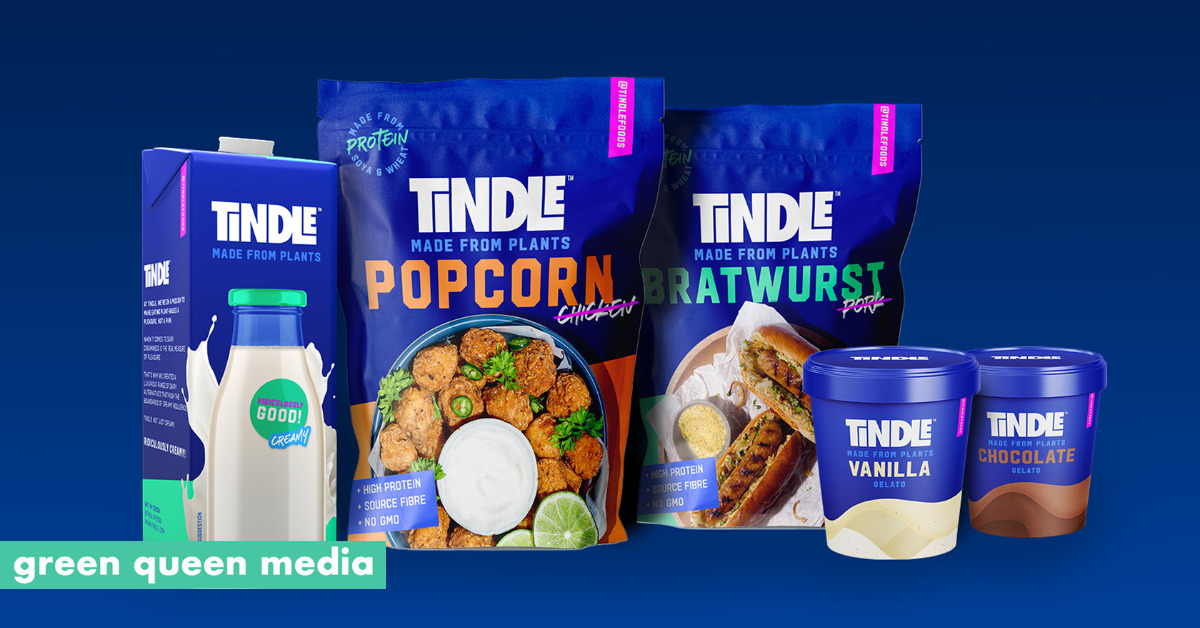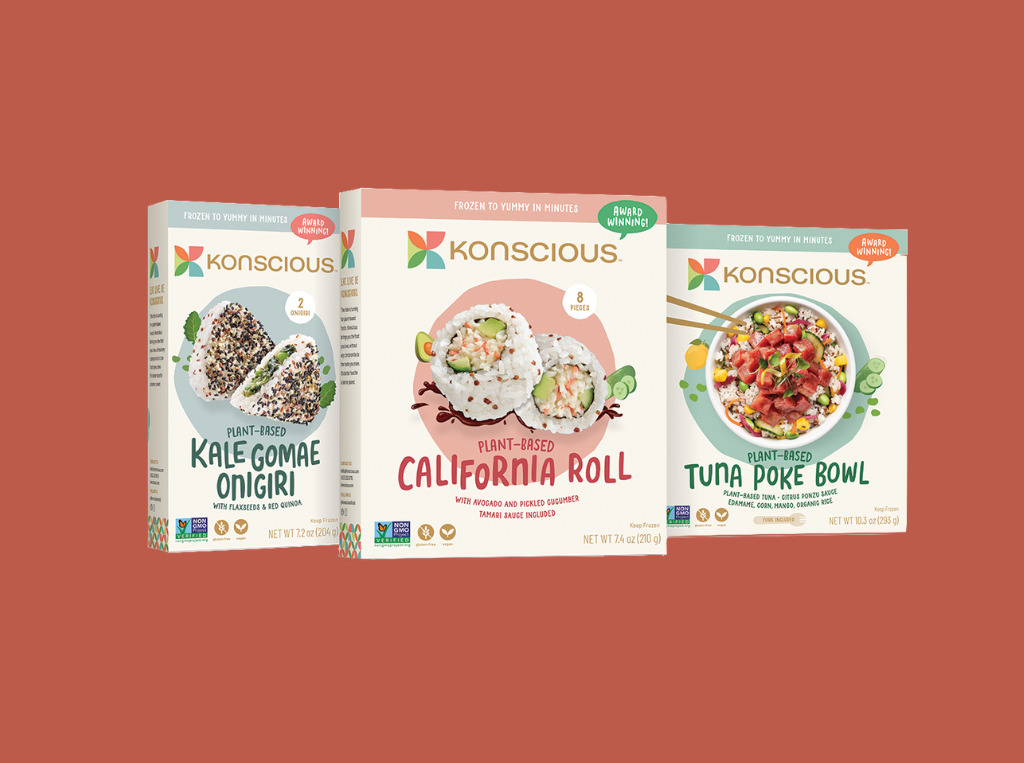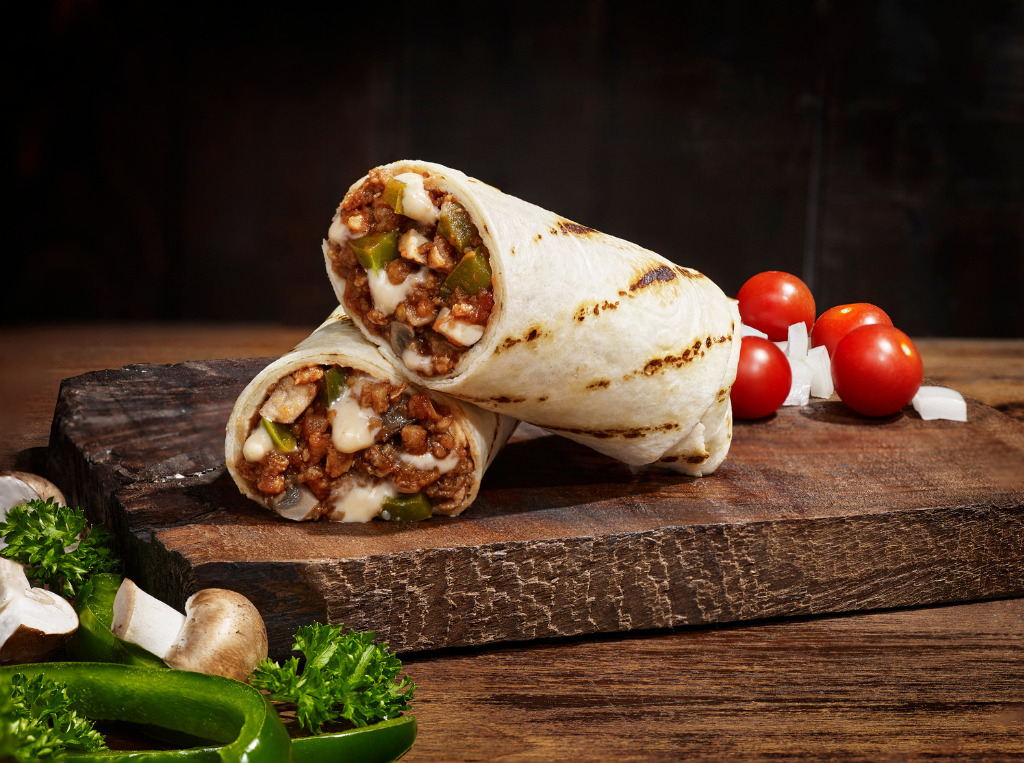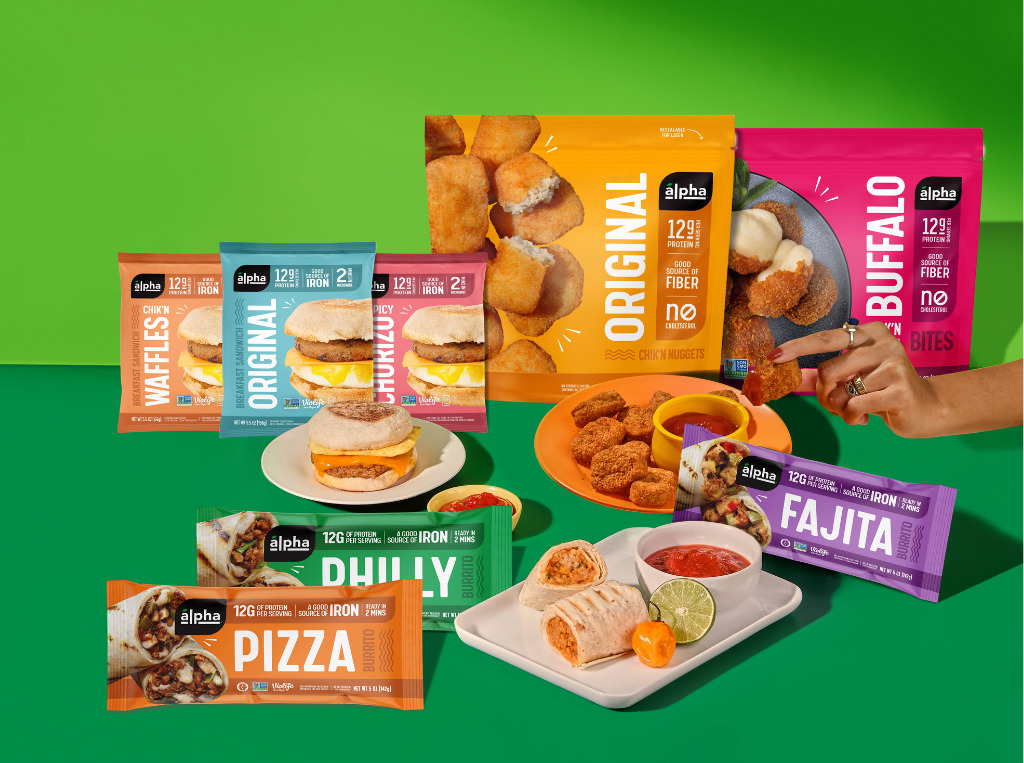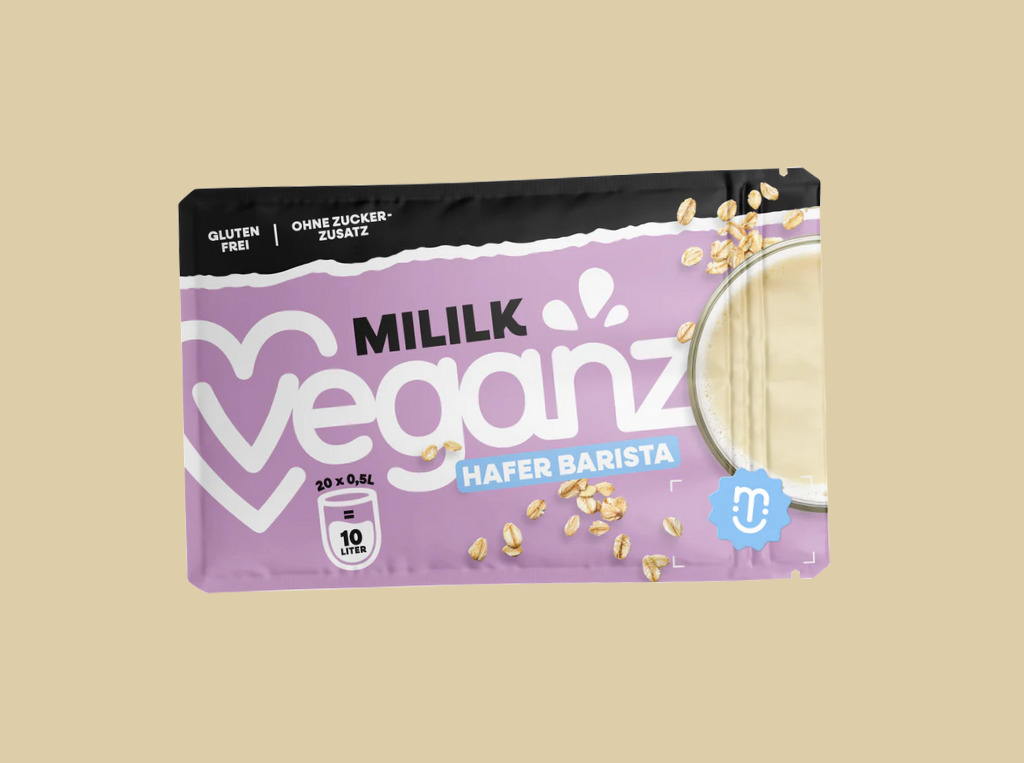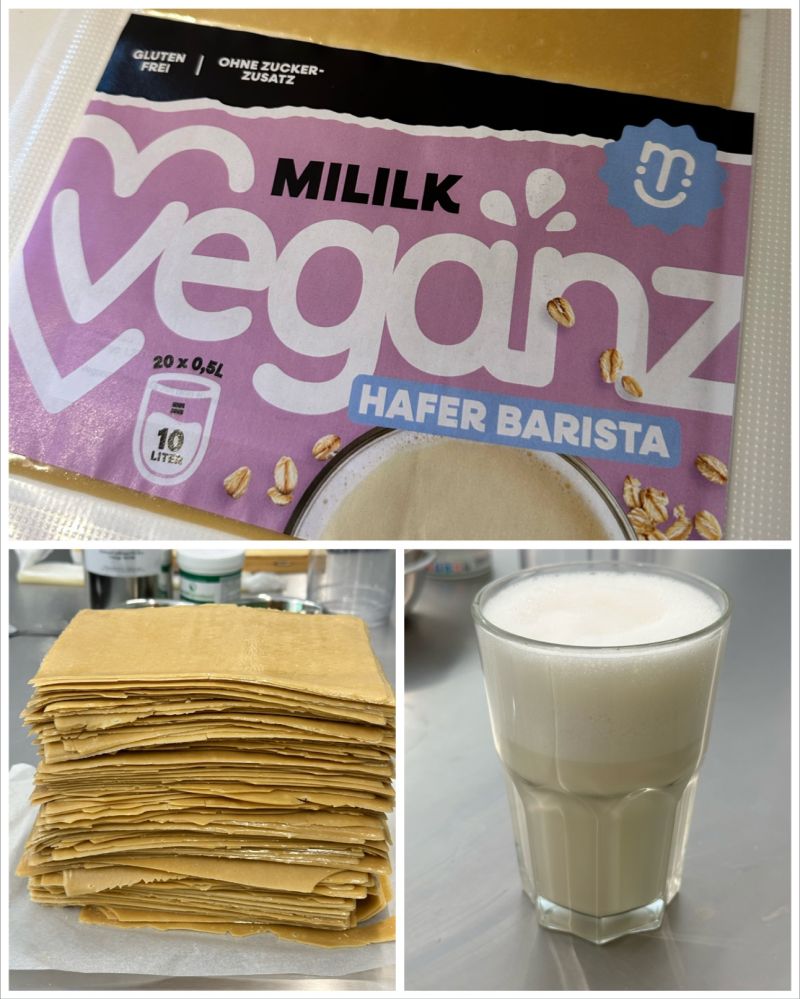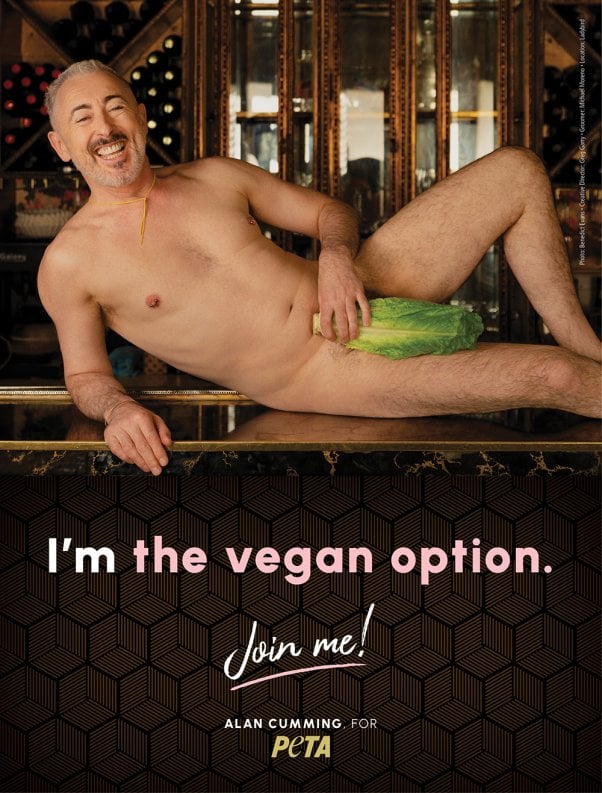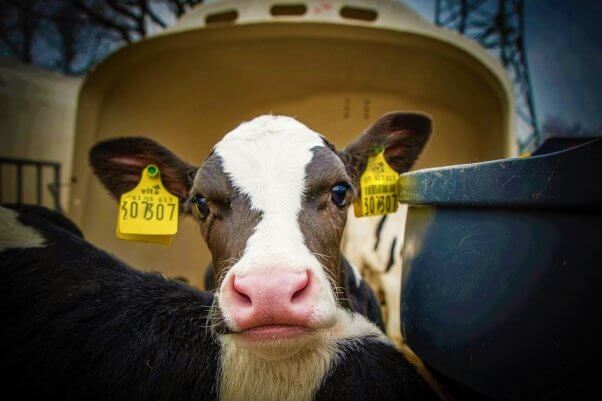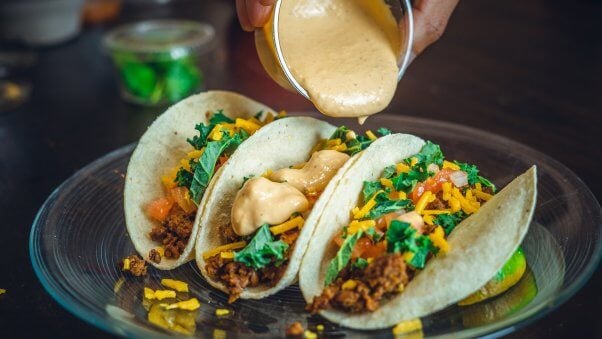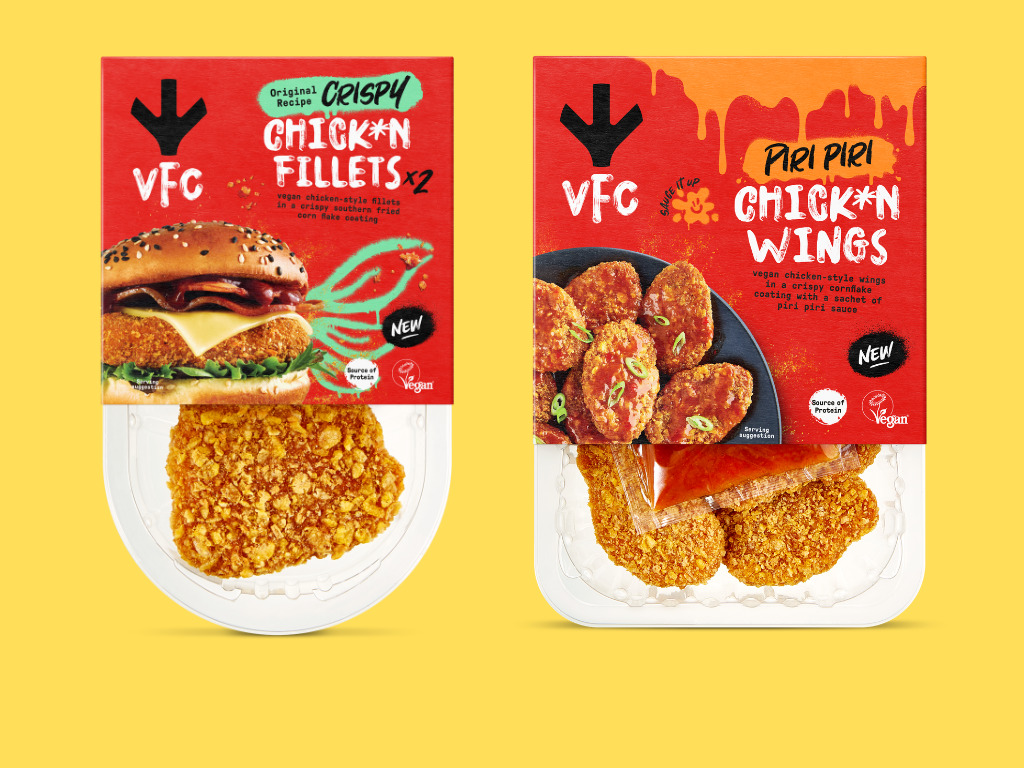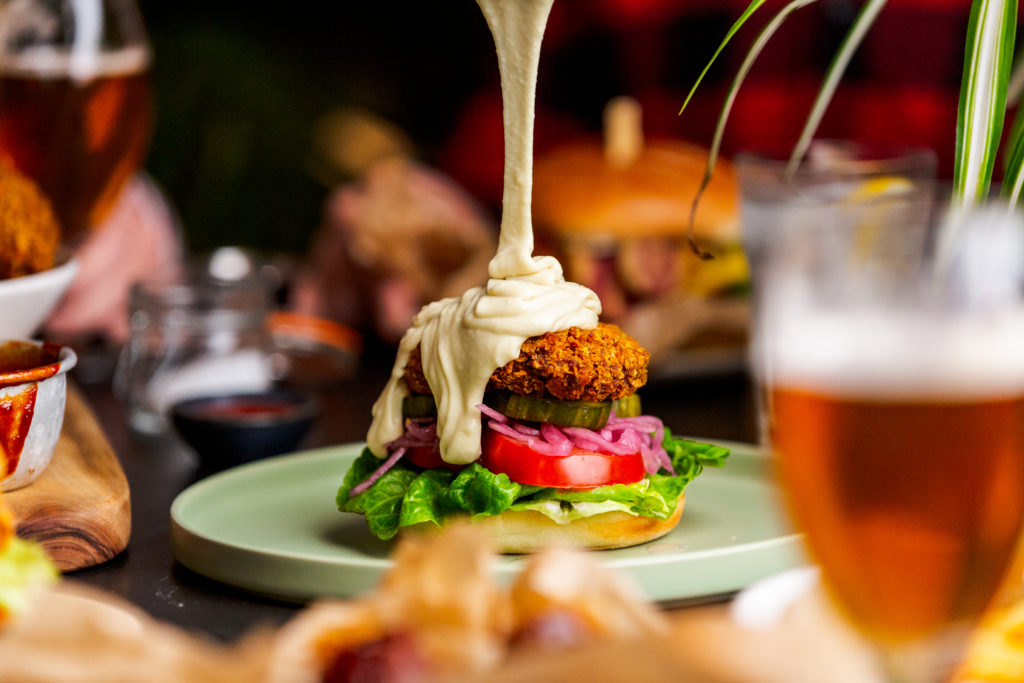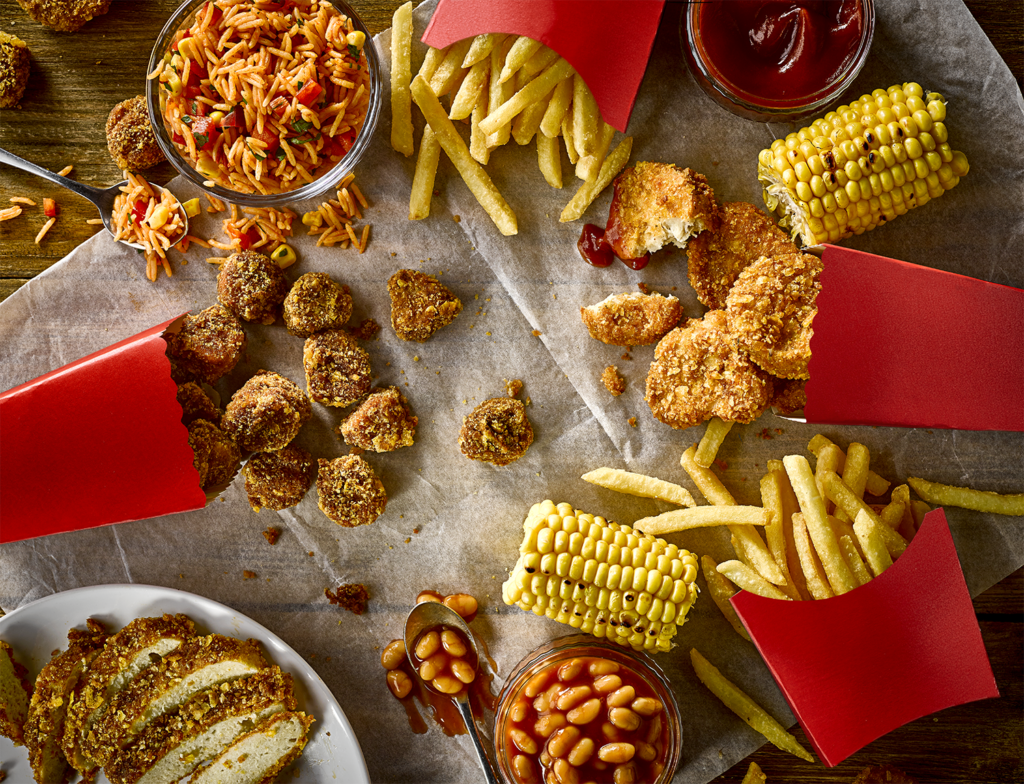World leaders will finally start to align their positive intentions for the global environment with the meals they eat at one major climate meeting. The 2023 United Nations Climate Change Conference, also known as the Conference of the Parties of the UNFCCC (COP28)—set for November 30 through December 12 in Dubai, United Arab Emirates (UAE)—has announced a “mostly vegan” menu. This is a crucial first for the global event, which should set a precedent for all future gatherings. And although it’s a first step, PETA is pressing COP28 to commit to going fully vegan.
To clear the conference table of a major misconception: An event or individual either goes vegan or doesn’t. With the ever-increasing severity of the climate catastrophe, there’s no room for half-measures or catering to people who cling to their cruel, polluting, meat-eating habits. Going vegan is a complete rejection of speciesism. Providing exclusively vegan food for an event of this global caliber is easier than ever before, and there’s no excuse not to do so—especially since there is a proved and direct link between using animals for food and the climate catastrophe.
What Caused COP28 to Go ‘Mostly Vegan’
The Youth and Children Constituency of the UNFCCC (YOUNGO) and over 140 youth and civil society organizations—boosted by ProVeg International—sent a letter in April 2023 to the COP28 presidency, asking that at least three-quarters of the conference’s food options be plant-based and strongly encouraging a more culturally inclusive menu.
Dr. Sultan Al Jaber—the COP28 president-designate—responded to YOUNGO in a letter stating that COP28 will emphasize plant-based food choices that are central to addressing the climate emergency. Multiple environmental groups and youth advocates have dedicated decades to pushing COP meetings to make the vital switch to vegan food.
“My team has been working to ensure the availability of plant-based food options that are affordable, nutritious, and locally and regionally sourced, with clear emissions labeling.”
—Dr. Sultan Al Jaber
This follows PETA entities’ long history of urging the United Nations to make its events—including past COP gatherings—vegan, writing letters, sending petitions signed by our many members, and holding demonstrations outside its events. It’s great news that the letter from YOUNGO finally elicited some action.
With Dubai as the host city for COP28, the UAE’s focus on sustainability and awareness of the Paris Agreement’s goals make the prioritization of plant-based foods on its menu especially meaningful. It also honors the UAE’s 2023 Year of Sustainability campaign, which encourages plant-based eating and food waste reduction.
Why PETA Is Telling COP28 to Go All the Way
In response to COP28’s important step in the right direction, PETA is urging it to bring this crucial action to full fruition. PETA Asia sent a fig tree as a thank-you, accompanied by a message of encouragement: “Give a fig—go all the way.” With Earth’s future and the survival of all living, feeling beings at stake, COP28 must choose vegan.
Each year, billions of animals around the globe are killed in the food industry so that their flesh or mammary secretions can be consumed by humans. These animals are forcibly bred and kept in cramped enclosures. They endure mutilations—such as tail docking and castration—without pain relief. Most are violently killed at slaughterhouses. Even many otherwise compassionate humans participate in this horrific cycle through their food choices. And as an exhaustive study published in Nature Food clearly shows, the vast ripple effects of this process are rapidly destroying what’s left of the planet’s fragile ecosystems.
PETA also pressed previous COP meetings to go vegan. In our 2022 message to Pope Francis I at COP27, we asked the pontiff to take the first steps in moving the Catholic Church toward climate justice by resurrecting meat-free Fridays (including a new proscription on the consumption of fish) and excommunicating Catholics who eat animals.
As future COP events occur, PETA will do everything possible to persuade the conference to go vegan and fully align with its own stated objectives. No truly environmentally conscious meeting would serve flesh, eggs, or bovine mammary secretions.
How You Can Be a Globally Minded Leader
Going vegan is the most effective action you can take to do the following:
- Combat the climate catastrophe
- Show compassion for your fellow animals
- Improve your health
The power to change the world doesn’t rest solely with those attending COP28—you have power, too. Here are two steps to get you started:
The post World’s Largest Climate Conference Goes ‘Mostly Vegan’—but Could Go All the Way appeared first on PETA.
This post was originally published on Animal Rights and Campaign News | PETA.
